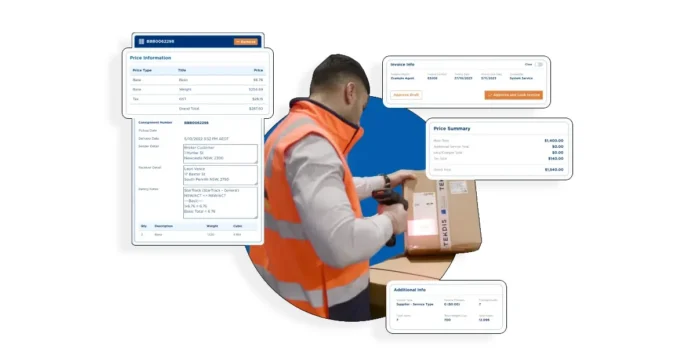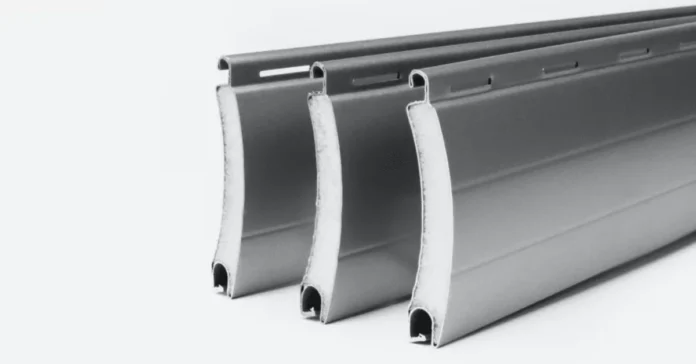Knowing how to get a freelance contract template is only half the battle – you can only make the most of it if you know how it helps you. In this post, we’ll highlight six key reasons freelancers in nearly any industry need clear contracts.
1. Legal Protection
A well-written contract protects both parties, but especially you. You won’t have an employer to back you up if you enter a dispute with a client; your agreement will be your lifeline here.
For example, a client might break the contract’s terms. They may refuse to pay you within a time period you both previously agreed to. They might even suddenly expand your duties without any rise in compensation.
Depending on the breach, you can make a small court claim for up to £10,000.
However, your agreement must be comprehensive here. Only online templates can guarantee a contract with every term and safeguard. For example, a pre-written agreement should contain a clear dispute resolution process, likely including mediation.
2. Scope Management
When you sign a contract, you typically have a clear idea of the work you’ll be doing – as well as its scale and intensity. However, as you continue working with a client, whether on one project or several, the scope of your work could change dramatically.
Here are a few reasons you need to avoid “scope creep”:
- You could end up doing more work for the same amount
- You might have less time overall for your other clients
- You’ll similarly spend more time on projects, causing delays
- You might even have to cut corners due to deadlines
An ironclad freelancer agreement specifies the scope of your work. This lets you say no to extra work without affecting your relationship with the client. You can simply stick to the work laid out in your original agreement without worry.
3. Payment Terms
32% of freelancers regularly contend with late payments. When you’re relying on a due payment to make ends meet, this could put you at serious risk. A good contract helps you get paid faster and even gives you legal recourse if there are any significant delays.
You could, for example, request a deposit for large-scale or long-term projects. This incentivises clients to stay on top of payments and lets you put the money away for later use.
In addition, the Late Payment of Commercial Debts Act 1998 lets you charge interest for late payments. This can be either 8% or a fixed amount (£40-100), depending on the debt’s size.
4. Disguised Employment
Without control over your contract, you might find yourself in a disguised employment situation. This means the company treats you as an exclusive full-time employee but without offering you any benefits.
Here are the signs you might be a disguised employee without realising:
- The client dictates your workload, hours, and methods
- You can’t send a qualified substitute to work on your behalf
- There’s an expectation that you will continue to offer work
- You are financially dependent on a single long-term client
- The client/company subjects you to performance reviews
Your contracts should refute these wherever possible. For example, most sectors let freelancers work on their own schedules. You should also be free to pursue work with other clients.
5. Change Requests
Freelance contracts usually come with special arrangements for revisions. After all, if your client decides to go in another direction or didn’t give adequate instructions originally, you still deserve compensation.
Change orders or requests make these situations much easier. This is simply a formal request for edits or changes to your deliverables. Your contract should specify the extent to which these requests can change the project’s scope.
Many agreements include 1-2 free revisions but bill for further changes. This isn’t practical for all sectors but might suit your workflow. To avoid backlogs, specify that the change requests must be within a certain number of business days.
6. IP Ownership
By default, UK copyright law says you own what you create. For this reason, many agreements specify whether your work is your intellectual property or if it belongs to the client.
Signing a contract stipulating the latter explicitly transfers your work to the client. They can then use it however they wish. For some types of work, such as graphic design, it makes sense to retain ownership but license it for a cost (or even receive royalties).
You’ll still own any drafts, source files, and unused concepts. Transferring your IP only applies to the finished work. In addition, you can still include the finished work in your portfolio, but ensure your contract states this.
Final Thoughts
Only a comprehensive freelance contract (ideally from a document template site) can guarantee a fair working arrangement. So long as you account for the above clauses or topics, you’ll have no problem enjoying a healthy freelance career.



